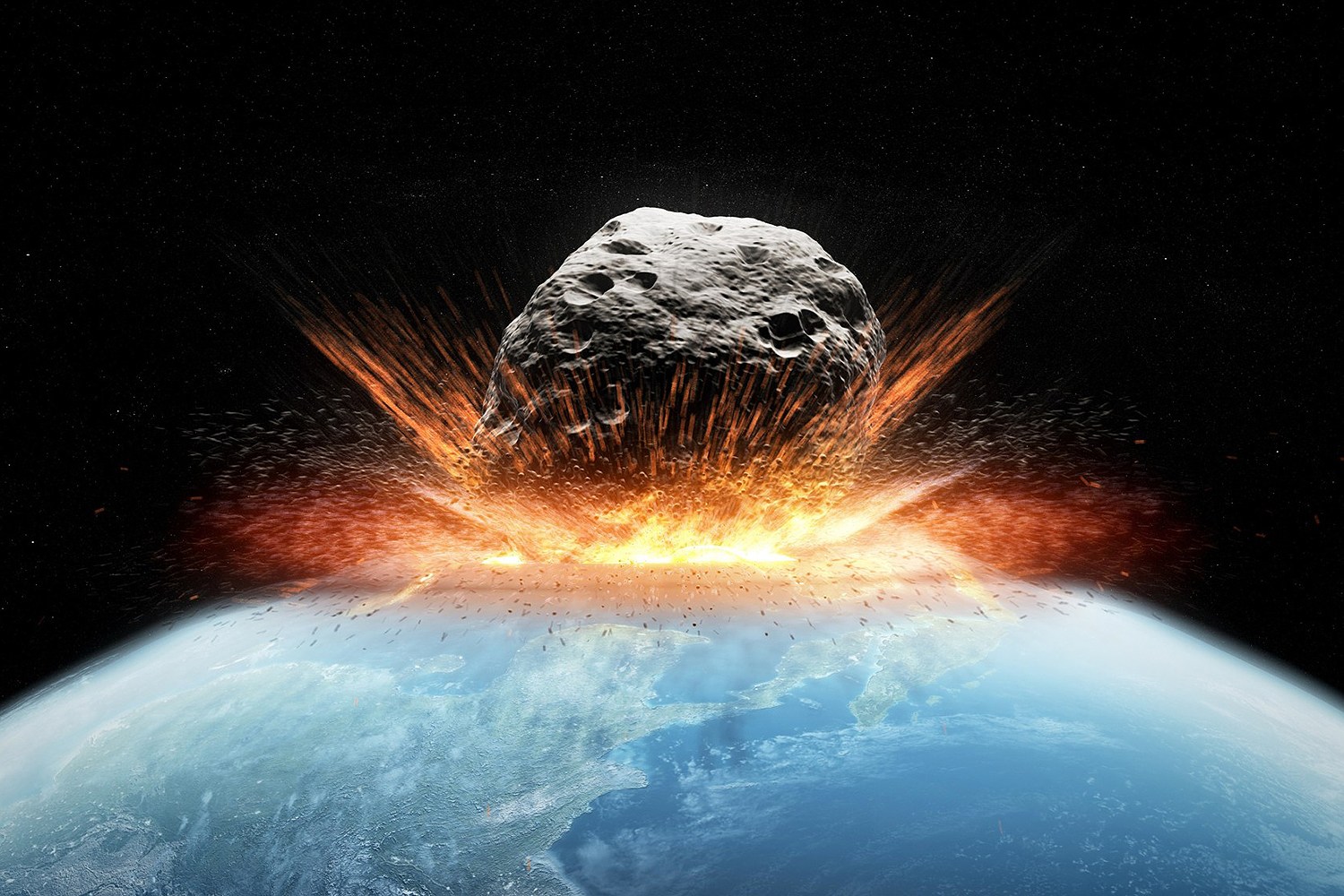I’ve started making trades in the Investopedia Stock Market Simulator; my user name is Nathan_Wailes, and I’m playing in the “2012 No End” game. I started with $100,000.
I don’t expect to be successful at first, but I figure I’ll learn more by trying things and making mistakes than by only reading.
Actions taken:
- Bought ~$90,000 of Treasury ETFs (VGLT, VGSH, TLT) at the market
- Bought ~$5,000 of the biggest S&P500 ETF (SPY) at the market
- Sold Short ~$5,000 of Groupon (GRPN) at the market
I’ve moved my money into Treasury ETFs except for a bet that Groupon’s value will diminish relative to the market. Right now I have it as a spread trade: $5,000 shorting Groupon, and $5,000 long on an S&P500 ETF. This basically allows my bet to control for the overall level of the market, so if people start putting a ton of money into the stock market and the general level of the market goes up, I should still be able to make money as long as Groupon’s value relative to the rest of the market goes down. The downside of this style of betting is that your reduced risk comes at the cost of reduced profits, since half of your betting money is being used to control for the general level of the market.
Reasoning for My Actions:
The Treasuries bet:
- There is a lot of uncertainty now about what is going to happen in the EU and the US because of this huge credit bubble stacked on top of an enormous debt problem.
- If growth for the next 10 years looks like it’s going to be flat, stock PEs may gradually go down as the consensus on stocks changes (ie over 5-8 years of zero growth people will stop looking at stocks as being worth the PEs they’re currently trading at).
- I want to avoid another crash like ’08, and some intelligent investors have been saying that the danger to the banks that we’re seeing now is just as much worth worrying about as the danger to banks in ’08.
- Kyle Bass has said (and I think I’ve heard this elsewhere as well) that investors see Treasuries as being the “high ground” in this disaster: the asset least likely to take massive losses in value if everything goes haywire.
- Timeline for this bet: I’m going to keep the money in Treasuries until I find other uses for it. So the money could be there for years if I don’t find any other way to use it. More likely is that it will be there a few months.
The Groupon bet:
- I’ve gotten the vibe that Groupon was a money-making scheme for its creator, and that’s not a good omen for its future.
- The practices I’ve heard them engaging in don’t sound like they can go on for years.
- At a $12 billion market cap, it’s worth more than Office Depot, Safeway, Suzuki, Sunoco, and Quest Diagnostics (individually, not combined). It seems very unlikely to me that Groupon is that valuable.
- Jim Rogers has said that he is short US technology stocks; given his opinion on the Facebook IPO (he recommends against buying Facebook shares), I’d be willing to be Groupon is one of the tech stocks he’s shorting.
- Timeline for this bet: Based on the fate of many late ’90s internet companies, I would guess that Groupon would lose value within the next 5 years.
Things that could make my decisions turn out to be bad ones:
The Treasuries bet:
- Interest rates go up – Treasuries could lose value if interest rates go up. Interest rates will go up if the Fed raises them. The Fed will raise interest rates to avoid high levels of inflation. High levels of inflation may arise if the amount of money circulating in the economy starts to rise by a lot. The amount of money circulating in the economy would rise if lots of everyday people went into more debt.
- The global outlook gets rosier – I’m not exactly how Treasury ETFs work, but it looks like if demand for equities goes up, and then demand for Treasuries goes down as a result, I could lose money.
Further Questions Regarding this Bet:
- How much more money, exactly, would need to start circulating in the economy to cause X, Y, or Z levels of inflation?
- How much inflation would need to exist to cause the Fed to raise interest rates?
- How much money would need to flow out of Treasuries and into the stock market to cause an X% decrease in the value of my holdings?
The Groupon Bet:
- Groupon purchases or creates a new, exciting, and/or profitable business – Google has bought and created lots of businesses over the years, and my uneducated guess is that that type of growth has played a big role in its huge valuation.
- Keeping it as a spread trade isn’t worth it – The reduced risk that I get from having it as a spread may not be worth the reduced return I will get from cutting my bet in half.
Further Questions Regarding this Bet:
If you found this interesting, you can follow me on Twitter.
